
Exhibition Continues in New York, October 5 - 29
It's All About Light
The idea of light
and how it is represented,
reflected, generated or captured,
how it can affect our environment
and how it is perceived by viewers,
has been the subject of inquiry throughout
art history and is eternally fascinating...
This exhibition is a survey representing
2 generations from 3 continents by 4 artists
exploring the illusive, temporal,
essential qualities and effects of light.

WHERE: Yarger Projects @ High Line Nine
507 W. 27th St at 10th Ave, New York, NY 10001
WHEN: October 5 - 29, 2021
Closing Reception Wednesday, October 27th, 6 - 9 PM
RSVP: rsvp@yargerfineart.com
CONTACT: info@yargerfineart.com 310-278-4400
Campfire
by Mads Christensen


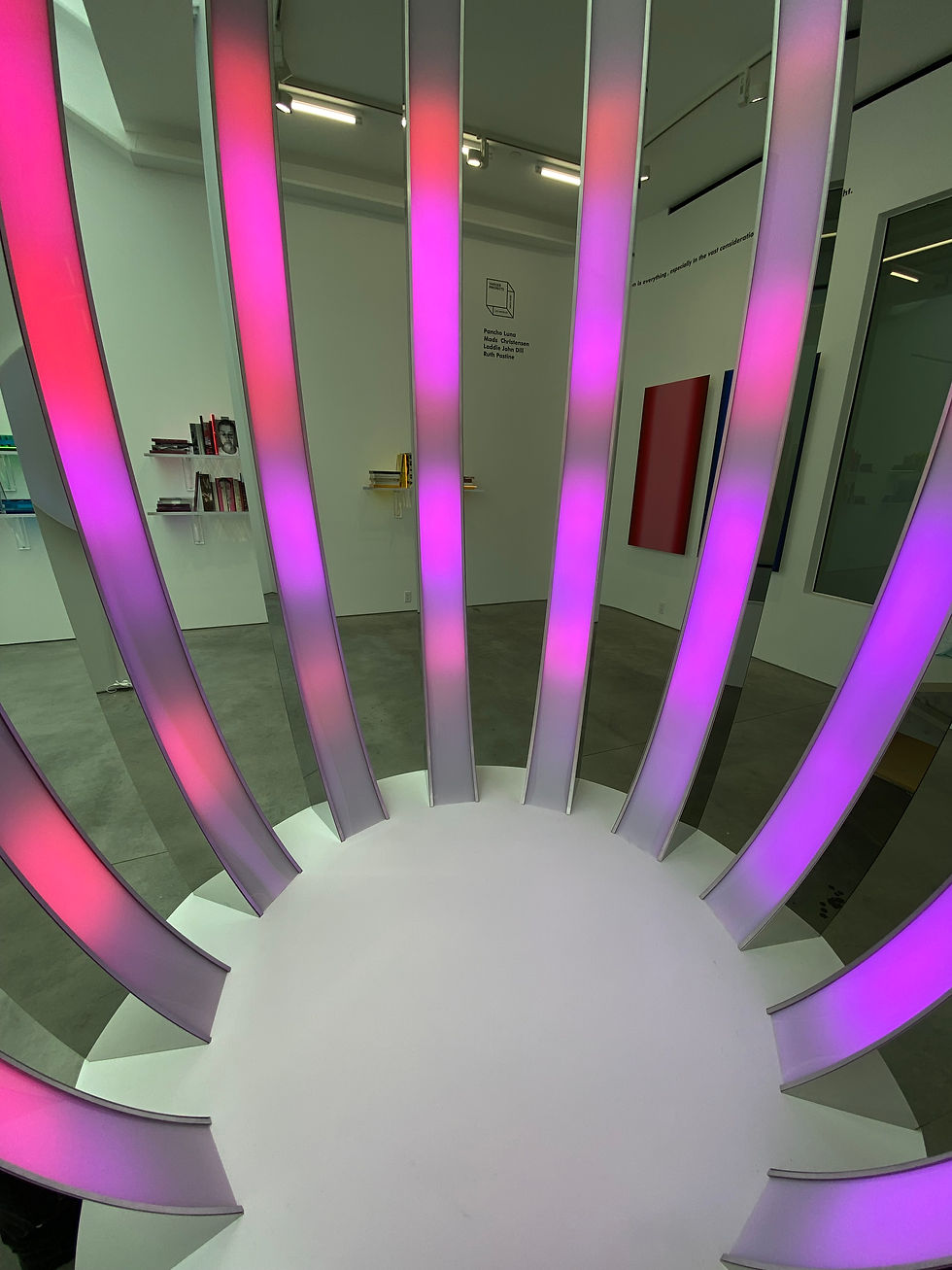
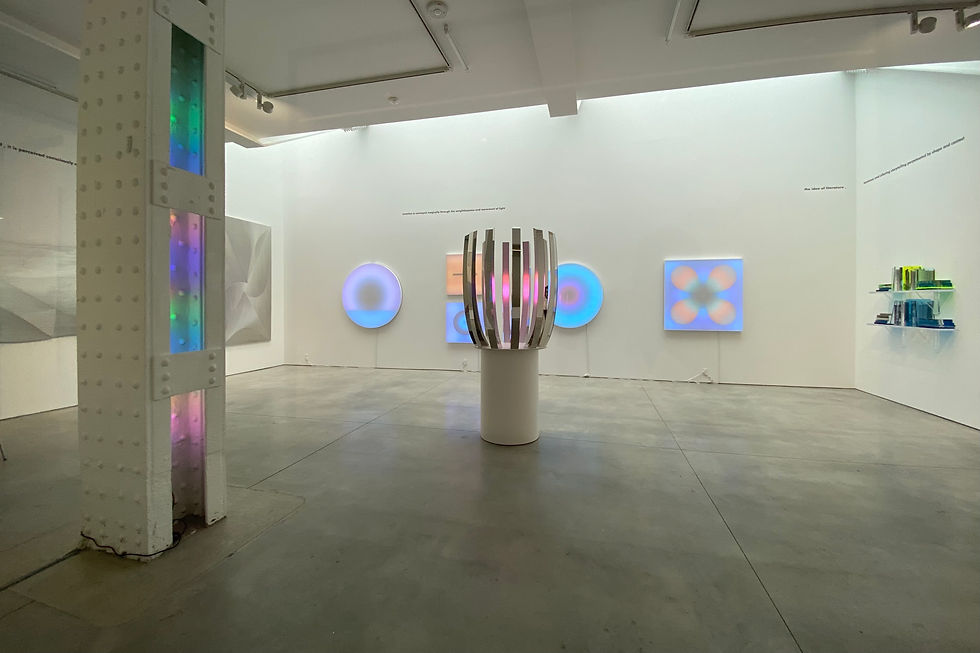

Ruth Pastine’s minimalist works address phenomena of color perception. In seamless gradients, often composed with nuanced admixtures of complementary hues, Pastine’s surfaces appear to pulse toward their edges. The luminous color is built up with countless brushstrokes taking months to complete.
Born in New York City, Pastine studied at Cooper Union (BFA, 1987), the Gerrit Rietveld Academie in Amsterdam, Netherlands, and Hunter College (MFA, 1993). Her work has been exhibited widely in the United States and Japan, and is included in many public and corporate collections including: San Francisco Museum of Modern Art – SFMOMA, San Francisco, CA; Achenbach Foundation for Graphic Arts, Fine Arts Museums of San Francisco, CA; Museum of Contemporary Art San Diego – MCASD, CA; Frederick R. Weisman Art Foundation, Los Angeles, CA; Lancaster Museum of Art and History – MOAH, CA; Brookfield Properties, Ernst & Young Plaza, Los Angeles, CA; AXA Art, Cologne, Germany; Qualcomm, San Diego, CA, CIM Group Headquarters, Los Angeles, CA, among others. Her public commission, Limitless, is installed in the adjoining lobbies of the Ernst & Young Plaza in Los Angeles. She currently lives and works in Southern California.

Oil on canvas on beveled panel, 2021 24 x 24 inches
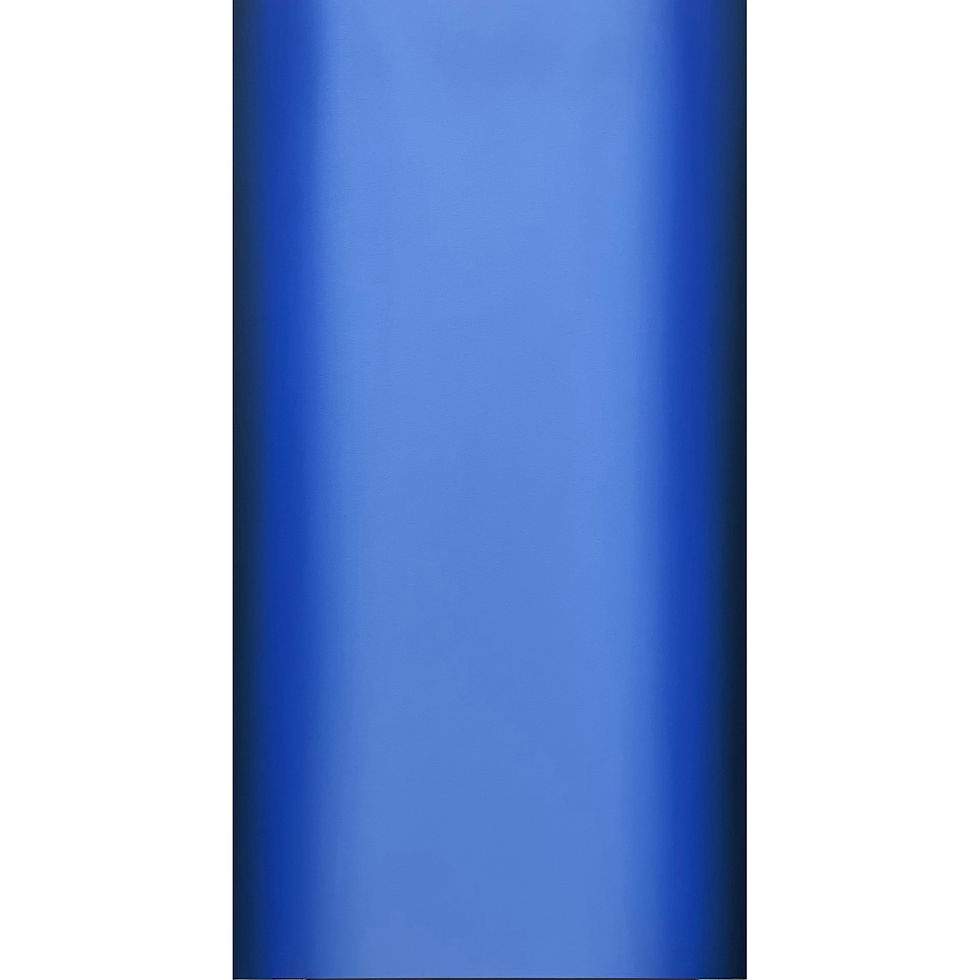
Oil on canvas on beveled panel, 2021 60 x 32 inches

Oil on canvas on beveled panel, 2021 24 x 24 inches

Oil on canvas on beveled panel, 2021 24 x 24 inches

Pancho Luna’s childhood in Argentina was spent in his grandmother’s library, where volumes of books in multiple languages and subject matter informed his imaginative nature. Before he could even read, Luna began to understand these books as objects in themselves—as a maze of color, texture, and form. This was the foundational experience that informed the artist’s sculpture, practice and style.

Mixed-Media Sculpture, 2021 24 x 48 x 10 inches



Mixed-Media Sculpture, 2021 24 x 48 x 10 inches
Luna carries on the historic, modernist tradition of acrylic sculpture. He is recognized for transforming the material into polished books – molding acrylic blocks into beautiful texts. Each piece incorporates a binding with images and words that reflect the artist’s consciousness and concerns.
As the viewer moves around the piece, the hues and patterns shift and change as they reflect against one another. The shadows that are cast throughout the piece and onto the surrounding walls are as delightful as the objects themselves.
Luna divides his time between Buenos Aires and Miami. His work is engaged with the contemporary art dialogue and is actively collected because of its aesthetic beauty, purity of form and poetic composition.

Laddie John Dill, a Los Angeles artist, had his first solo exhibition in New York City with Illeanna Sonnabend Gallery in 1971.
He was one of the first Los Angeles artists to exhibit “light and space” work in New York.
Laddie exhibited the “Light Sentences” and “Light Plains” in institutions across the United States and globally, and has enjoyed a resurgence of interest in these pieces in the last decade as well, including a recent acquisition of a “Light Plains” sculpture by the Museum of Modern Art in New York. It is currently on view in Museum of Modern Art in Manhattan.
Dill has been crafting light and earthly materials like concrete, glass, sand, and metal into luminous sculptures, wall –pieces, and installations since the 1970s. Referring to his choice of materials, Dill explains: “I was influenced by [Robert] Rauschenberg, Keith Sonnier, Robert Smithson, Dennis Oppenheim, and Robert Irwin, who were working with earth materials, light, and space as an alternative to easel painting.” When Dill does use canvas, he paints with pigments derived from cement and natural oxides.

Aircraft Aluminum. Welded Polished And Burnished, 2020 96 x 48 x 2 inches

6061 Aircraft Aluminum. Welded Polished And Burnished, 2020 96 x 48 x 2 inches


Aircraft Aluminum. Welded Polished And Burnished, 2020 96 x 48 x 2 inches

Mads Christensen's dynamic light-based works explore how we as viewers respond to illumination and color through the neuro-receptors of the human visual analog system. Following in the footsteps of groundbreaking artists exploring this medium like James Turrell, Doug Wheeler, Dan Flavin, Ivan Navarro and Olafur Eliasson, Christensen is interested in the manner by which our brain translates the
information gathered by the receptors in the human eye into specific colors, and consequently the emotional experience.
Trained as an electrical engineer, Christensen’s work is a fusion of his software designs and the intangible qualities of light as medium. While artists throughout history have been fascinated by depicting light, Christensen creates what appears as three-dimensional paintings with light.
This platform is reminiscent of the flat and static shape of a painting, but its animation and range of color creates a dialog with the space by illuminating the viewer and surrounding area with ambient light. The dramatic, stimulating and soothing qualities inherent in his work present an evolution of visual experience.
Christensen is being recognized by collectors and museum professionals as possessing vast and palpable creativity, technical expertise and visual sophistication to perpetuate this fascinating evolution of light as art.
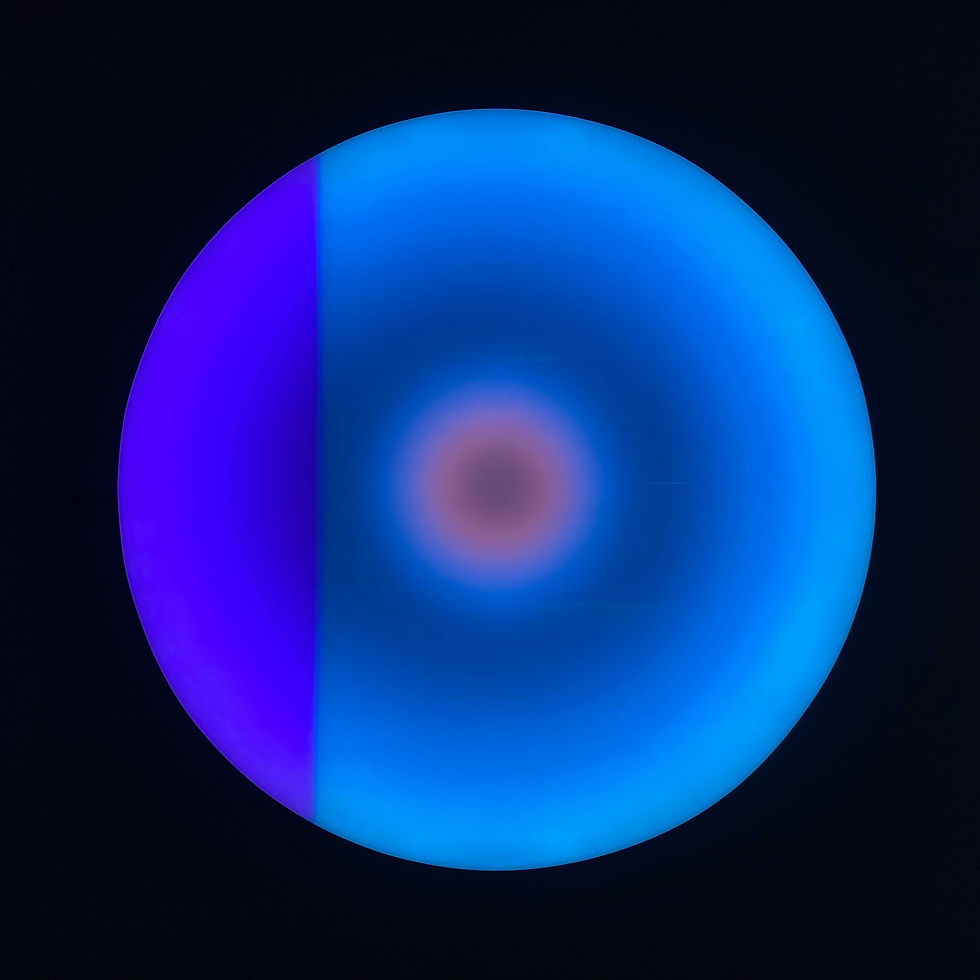
LEDs, Acrylic, Custom Software, 2021 54 x 54 inches
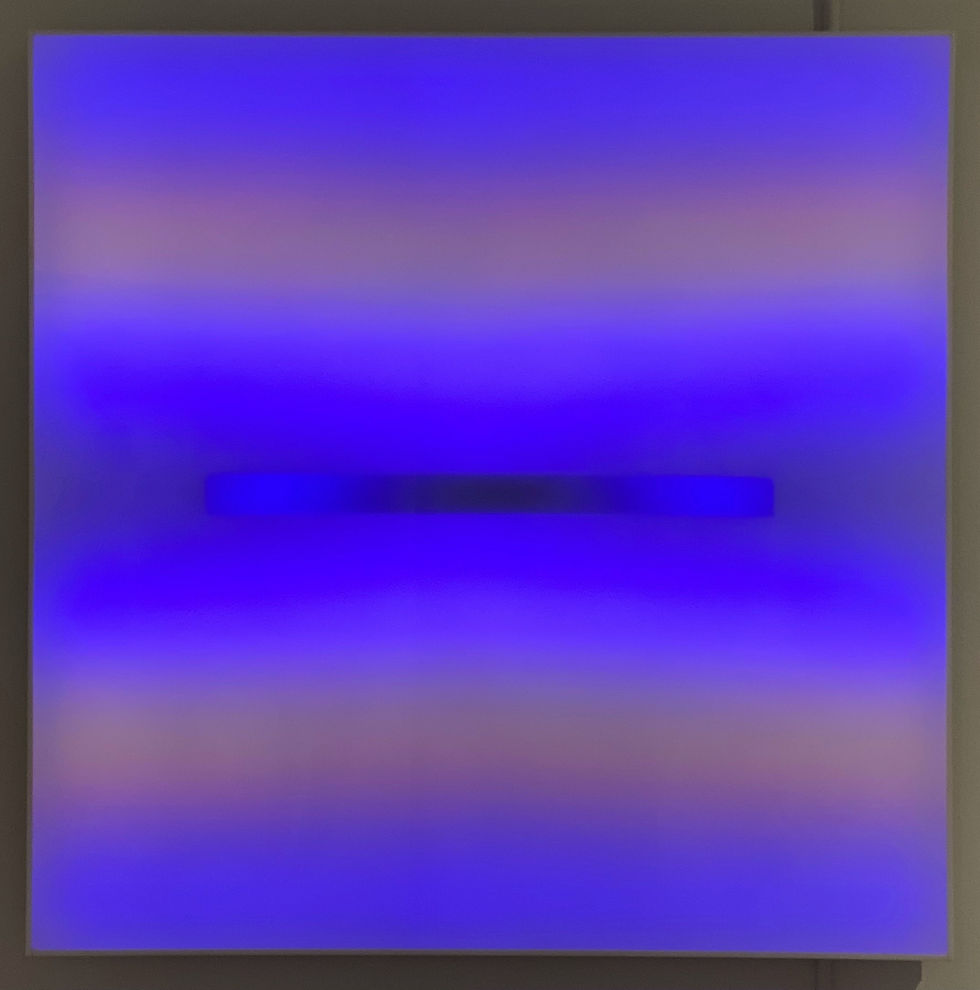
LEDs, Acrylic, Custom Software, 2021 32 x 32 x 2.5 inches


LEDs, Acrylic, Custom Software, 2021 54 x 54 inches

.jpeg)